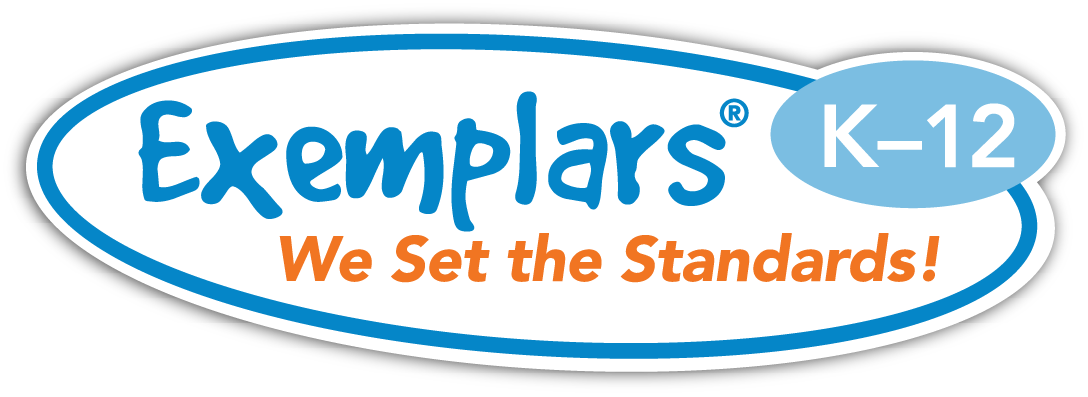How Performance Tasks Can Improve
Your Students' Learning Outcomes in Math
Presenter: Jay Meadows and Jay McTighe
Cost: Free
Location: Remote Webinar
Watch On-Demand
Featuring special guest Jay McTighe.
Performance tasks have been a part of education for over 30 years. In today’s classrooms, creating time for students to turn off technology and work collaboratively to transfer their mathematical knowledge to solve rich, real-world tasks may be more important than ever.
Asking students to apply their mathematical knowledge and develop their problem-solving skills to solve tasks using their own strategies and prior knowledge is shown to be highly engaging for students and powerfully effective in developing flexible, long-term abilities with mathematics. Students also need opportunities to intentionally develop additional 21st-century skills of communication, creativity, and critical thinking. These skills must be practiced if we expect students to enter the world prepared to solve the challenges of the 21st century.
Yet teachers and administrators have been slow to embrace these highly effective tools for learning. Why? With 40 years of experience leading this conversation, Jay McTighe is uniquely positioned to address these topics and to provide practical solutions for schools and districts.
Join us for a unique conversation with the world’s foremost leader in performance tasks. This discussion dives into the why’s and how’s for successfully bringing performance tasks to your schools.
This recorded edWebinar is of interest to K-12 teachers and school and district leaders.
About the Presenters

Jay Meadows serves as Exemplars’ Chief Executive Officer. He is a former middle school math and science teacher and has been working in education for more than two decades. Jay holds a Master of Arts in teaching from the University of Vermont and a master’s in mathematical pedagogy from Southern New Hampshire University.
Jay is also one of Exemplars’ primary performance task writers and professional development consultants for the middle level. Leading sessions throughout the United States, Jay works with teachers to integrate performance tasks and research-based best practices into their curricula. Through Exemplars, Jay dreams of teaching a generation of students to become powerful problem solvers. Prior to his career in education, Jay coordinated delegations from the former Soviet Union through U.S. State Department grants. Jay has also worked alongside a number of international non-profits and is a former Peace Corps Volunteer.

Jay McTighe is a veteran educator and accomplished author, having co-written 18 books, including the award-winning and best-selling Understanding by Design® series with Grant Wiggins. His books have been translated into 14 languages. Jay has also written more than 50 book chapters, articles, and blogs, and has been published in leading journals, including Educational Leadership (ASCD), Edutopia, and Education Week. Jay has an extensive background in professional development and is a regular speaker at state, national, and international conferences. He has made presentations in 48 states within the United States, in seven Canadian provinces, and internationally in 41 countries on six continents. Jay received his undergraduate degree from the College of William and Mary, earned his master’s degree from the University of Maryland, and completed post-graduate studies at Johns Hopkins University.
About the Moderator

Brendan Scribner, Director of Implementation and Success for Exemplars, began his career in education as a middle school math teacher in Vermont in 1998, before spending the last 20 years as a fourth-grade classroom teacher in Hanover, New Hampshire. He earned his master’s in the science of teaching mathematics from the Vermont Math Initiative. As a passionate classroom educator, he strives to be a mathematical identity builder with a keen focus on learning experiences that cultivate wonder and joy and reveal the beauty of mathematics for all. Brendan supports educators at Exemplars, with a strong commitment to building contextually relevant problem solving into established curricula. An area of particular importance in his work is the power of productive discourse and how “talk moves” within a classroom. When he is not immersed in his work as an educator, he enjoys family time, cycling, hiking, skiing, leisure travel, and crafting unique wood products.





